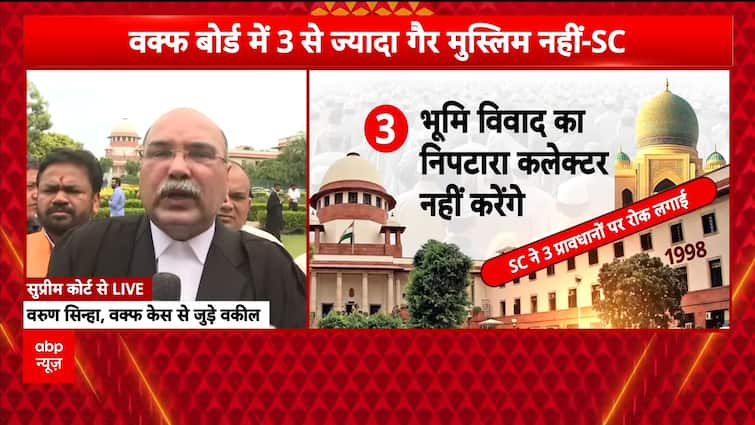In a significant development, the Supreme Court of India issued an interim order on the Waqf Amendment Act, allowing the law to remain in effect while placing restrictions on certain provisions. The Court did not stay the overall implementation of the Act or the registration of Waqf properties, affirming that these provisions can move forward. However, the Court addressed five critical areas. It limited the powers of district collectors, stating that only judicial bodies like tribunals or High Courts can declare a property illegal under Waqf, respecting the principle of separation of powers. The inclusion of non-Muslims in Waqf Boards has also been capped from five to three members, including ex-officio nominations. Additionally, the rule disallowing Muslims who haven’t practiced Islam for five years from creating a Waqf has been put on hold. Notably, non-registered Waqf properties will not be treated as Waqf under the current ruling. The Supreme Court clarified there is no stay on registration deadlines, though no extension has been officially granted yet. The case is still under active hearing, and a larger bench may be formed for the final judgment. Until then, the government may continue action per the Act, except where restricted.


)
